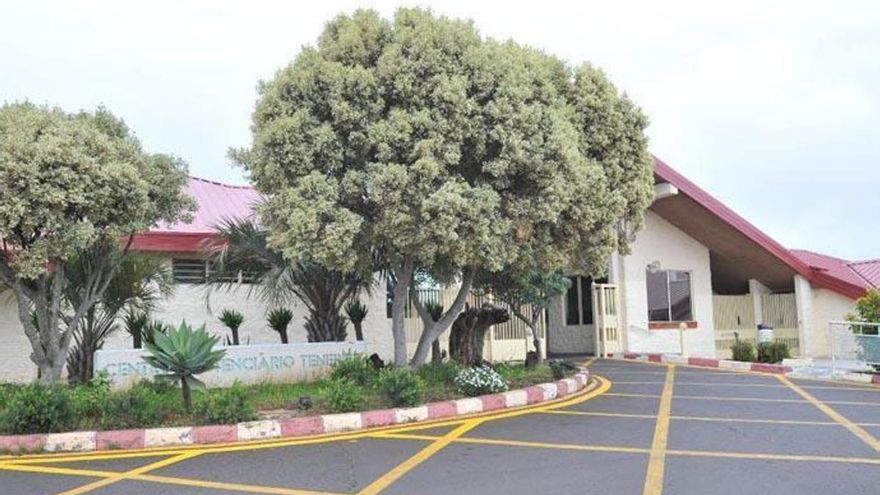
The investigation that began in Tenerife II prison during 2020 related to the illegal entry of drugs, mobile phones, and other prohibited items in Tenerife II prison at a time when all visits, conjugal visits, and parcel services to the prison interior were suspended and allegedly involved a staff member and a specific prisoner came to nothing. The case in which the alleged participation of both was investigated was taken to court, but it was dismissed and provisionally archived by the Court of Instruction number 4 of Santa Cruz de Tenerife due to “inability to clearly establish the commission of crimes” on their part.
The facts included in a report made at the Tenerife II penitentiary center did not translate into sufficient evidence for an accusation. Crucially, the inmates identified as potential witnesses in the investigation recanted their statements in court. There were no further pending procedures or elements tying the staff member or the prisoner mentioned in the report to the drug and mobile phone seizures made at that time.
The magistrate, through an order, stated that the evaluation carried out in the report did not constitute “per se” sufficient proof for an accusation of a public health offense.
The order explicitly noted that the investigation of the case regarding the seizure of heroin (more than 300 grams), hashish (around 700 grams), mobile phones, anabolic steroids, and anxiolytics conducted in the prison between May and June 2020 continued concerning three other prisoners allegedly linked to the entry of these substances.
Oral Hearing Postponed
The oral hearing for this case was supposed to take place last week, however, with the agreement of both the Prosecutor’s Office and the defense attorneys, the magistrates of the Fifth Section of the Provincial Court of Santa Cruz de Tenerife decided to suspend it sine die due to the justified absence of one of the witnesses, the deputy security director of Tenerife II penitentiary center at those times, who had warned that he would be traveling on the dates the trial was to be held.
The case began after an officer tasked with supervising and controlling the entry of prohibited items and narcotics into the prison detected, along with other officers, an increase in the presence of drugs and mobile phones inside the prison at a time when contact with the outside by inmates was completely restricted due to the State of Alarm decree approved on March 14, 2020, as a result of the Covid health crisis.
These events prompted an internal investigation, which was elevated to a report presented to the Civil Guard and the court, detailing the presence of different cars outside the prison from which individuals would disembark to throw various packages containing drugs and mobiles into one of the modules’ yards. The throws always occurred near watchtower three, closest to module two of the prison, a module mainly controlled by a well-known prisoner with numerous police records.
Upon detecting these movements, special surveillance was placed in that area, and increasingly more packages thrown inside were seized. This caused the organizers of this smuggling to change their strategy to prevent the goods from being intervened and reaching the inmates. Thus, by the end of May, external throws stopped, but the presence of drugs and prohibited items found in the subsequent weeks increased exponentially, as reflected in the aforementioned report.
In that document, several prisoners indicated the strategy change that involved a staff member allegedly introducing narcotics and prohibited items in a backpack upon entering his shift, all organized by a powerful prisoner inside the prison. This was reported to the officers and a Civil Guard lieutenant in the report they made. However, when the case was judicialized, the prisoners who had made such statements recanted and denied having said what was recorded in the investigation proceedings. Consequently, the judicial case was archived due to a lack of sufficient indicative evidence against the two investigated individuals.
















